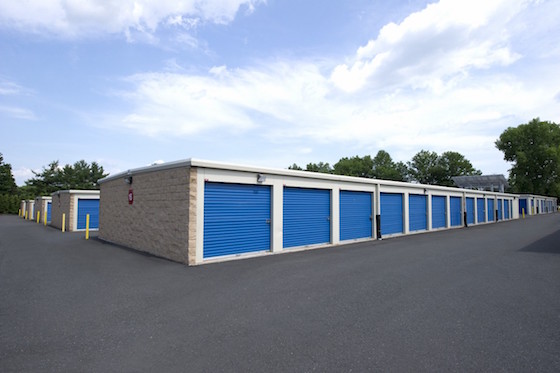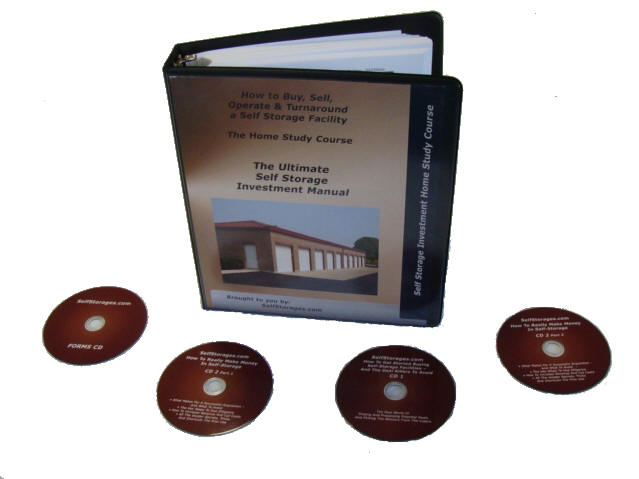As we enter 2016, we enter a year of promise and turmoil. We enter a year that will hold a Presidential Election and a new leadership regime. We enter a year in which much of the world is mired in recession, with no clear path to salvation. We enter a time in which Mideast instability has created the constant threat of terrorism and the issue of refugees. In times like these, it’s absolutely vital to have a plan for success. Having goals in 2016 is critical, and monitoring your progress on those goals is imperative. We have entered a very dangerous and unforgiving time in American history, and it’s a good time to invest in hard assets that can’t disappear in a financial collapse, and that are based on a basic need and not a luxury. Self-storage offers both those qualities, as well as a track-record of actually benefitting from economic uncertainty and upheaval. During the Great Recession, self-storage has gained occupancy due to people losing homes and moving to find work. Times are tough. Smart investing is key. We think that self-storage is the way to go in the current environment. We look forward to discussing the industry with you throughout 2016.
We would also like to take this opportunity to wish you and your family a Happy New Year!

